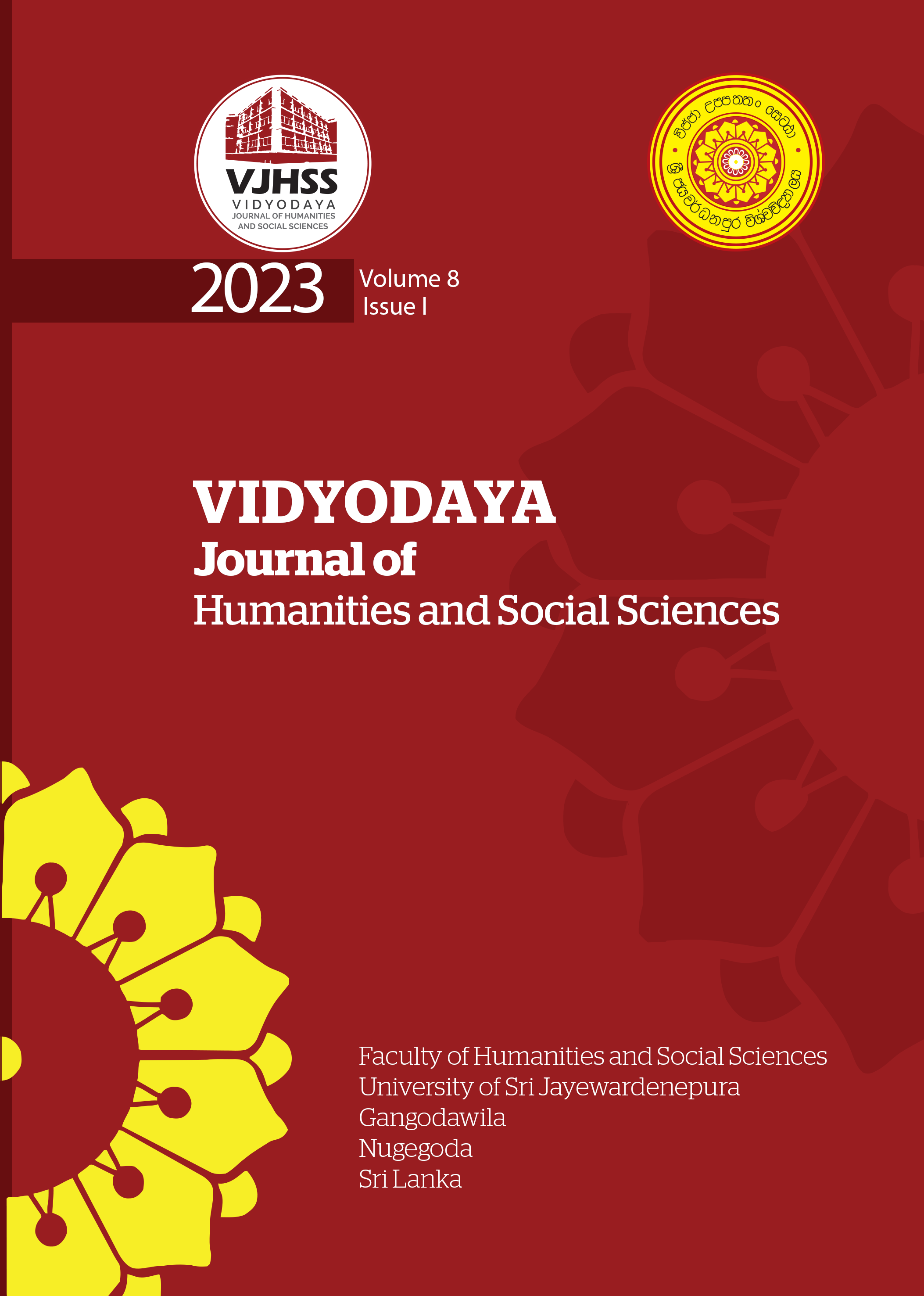Neo-Platonism in Paramahansa Yogananda’s Autobiography of a Yogi
Abstract
This article uncovers the congruity of Neo-Platonism in Autobiography of a Yogi by Yogananda. The philosophy of Neo-Platonism postulates that the phenomenal creation is the emanation of the Cosmic One which radiates pervasive wisdom, the world soul and the living being. Thus, the spark of divinity dwells in every living being. Likewise, Yogananda’s Autobiography of a Yogi expounds that the entirety of creation is the qualitative growth of the unitary cosmic consciousness that is known as God. With the experience of Kriya Yoga, one can transform this mundane identity into a cosmic self by establishing communion with cosmic consciousness or God. This is the ultimate way to realize God Consciousness, liberating oneself from the bondage of the phenomenal world. Besides, this work also enthralls the dichotomy of soul and body by substantiating the concept that creation is the idea of a divine unitary mind. The body is the source of frozen energy. The moment it embraces yogic vibes, it suffuses to realize its original source. In this way, both Neo-Platonism and Yogananda unite to open the gateway to realize the effulgence of the One, the highest Good, cosmic consciousness, or God. To explore these concepts, this article implements the paradigm of qualitative approach, interpreting Autobiography of Yogi from the philosophical lens of Neo-Platonism propounded both in the East and the West.



